Throughout the “Together for Dialogue” project, a series of local meetings, implementations, and interventions were crucial in ensuring the project’s success and long-term impact. These activities were designed to actively engage local communities, particularly young people and youth workers, in the process of structured dialogue and civic engagement.
Local Meetings and Implementations:
Purpose: The local meetings and implementations were essential in bringing the project’s objectives to the grassroots level. By involving local youth, youth workers, and community leaders, these activities helped identify specific local issues and facilitated the creation of tailored interventions to address these challenges.
Process: The local meetings served as a platform for consultation, where participants could share their insights and collaborate on developing solutions. This process was iterative, allowing for ongoing adjustments and refinements to ensure that the interventions were both relevant and effective.
Local Interventions:
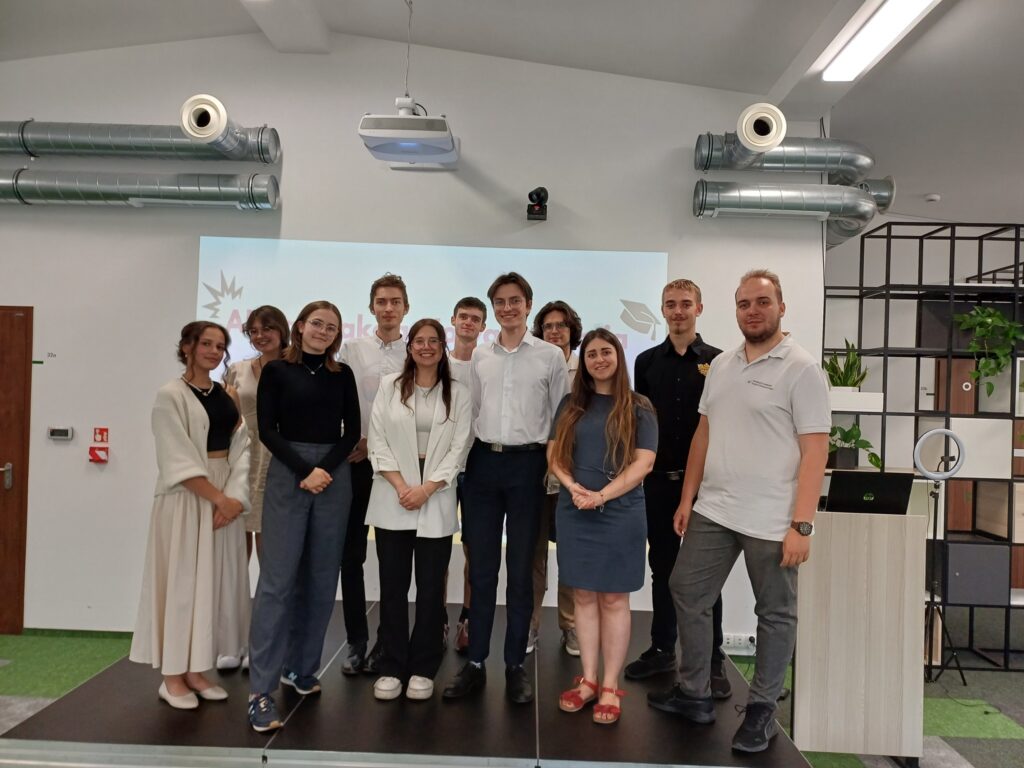
Implementation: The local interventions were practical applications of the project’s methodologies, carried out by the trained youth workers and young leaders. These interventions focused on solving the specific problems identified during the local meetings. They were implemented across the various participating countries, ensuring that the project’s impact was both broad and deep.
Outcomes: The local interventions not only addressed immediate issues within the communities but also empowered young people to take an active role in shaping their social environments. This empowerment was a key goal of the project, fostering a sense of ownership and responsibility among the youth.
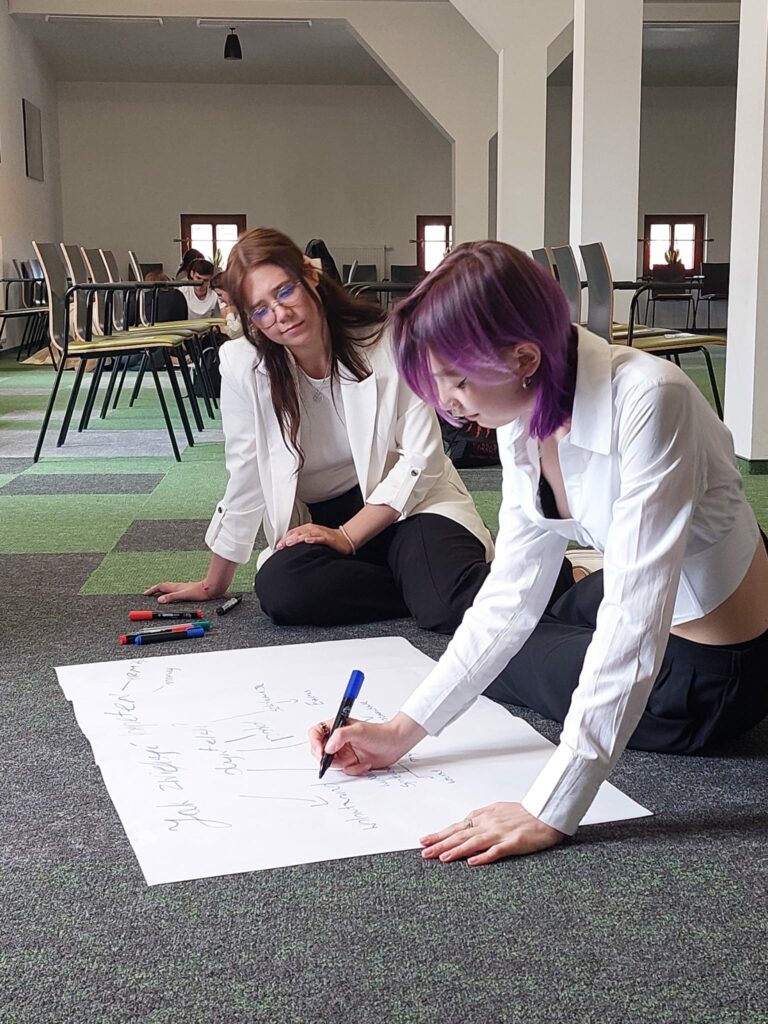
Multiplier Events
To amplify the project’s impact, several multiplier events were organized. These events aimed to share the project’s results with a wider audience, including other stakeholders, organizations, and the general public.
Objectives:
Dissemination: The primary objective of the multiplier events was to disseminate the project’s results, methodologies, and best practices. By sharing these outcomes, the project aimed to inspire and inform similar initiatives in other regions and contexts.
Engagement: These events were also designed to engage new stakeholders, creating opportunities for networking and collaboration. By bringing together diverse groups, the project sought to extend its reach and ensure the sustainability of its outcomes.
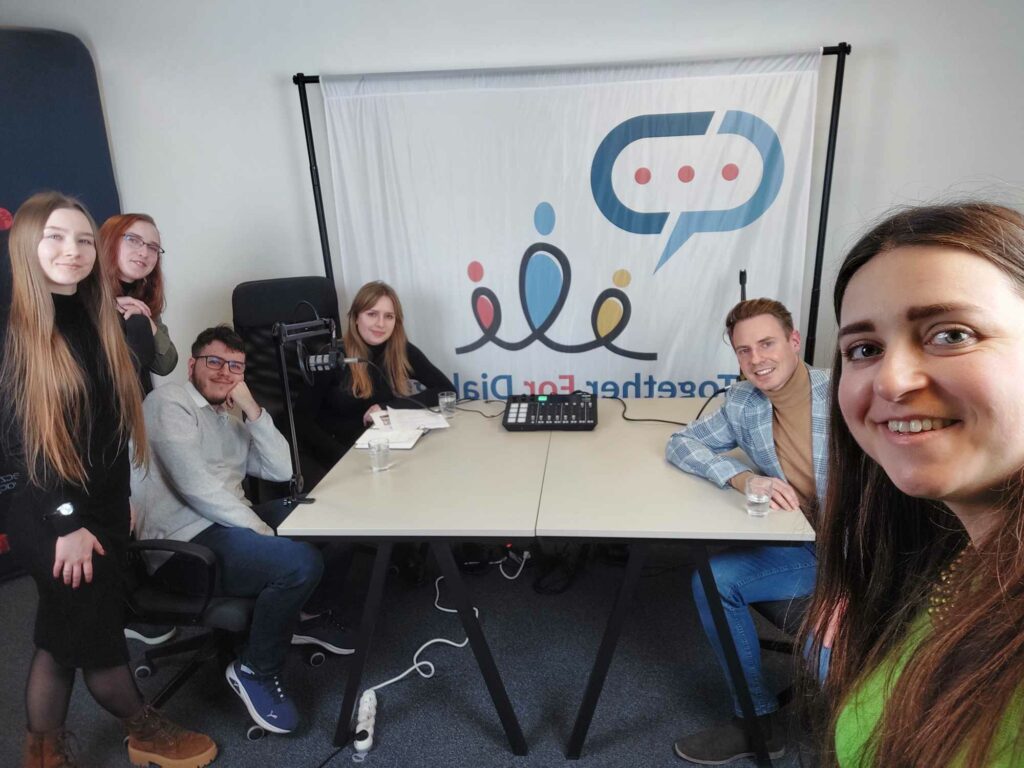
Final Conference in Katowice:
Overview: The culminating event of the project was the final conference held in Katowice, Poland. This significant event brought together over 120 participants, including youth, youth workers, and various stakeholders from the region.
Significance: The final conference served as both a celebration of the project’s achievements and a platform for further dissemination. Participants had the opportunity to present the project’s results, share their experiences, and discuss the lessons learned. The event also included interactive sessions where youth and stakeholders could exchange ideas and explore future collaborations.
Impact: The conference was instrumental in ensuring that the project’s impact would extend beyond its official duration. By engaging a large and diverse audience, the event helped solidify the project’s legacy and laid the groundwork for future initiatives.
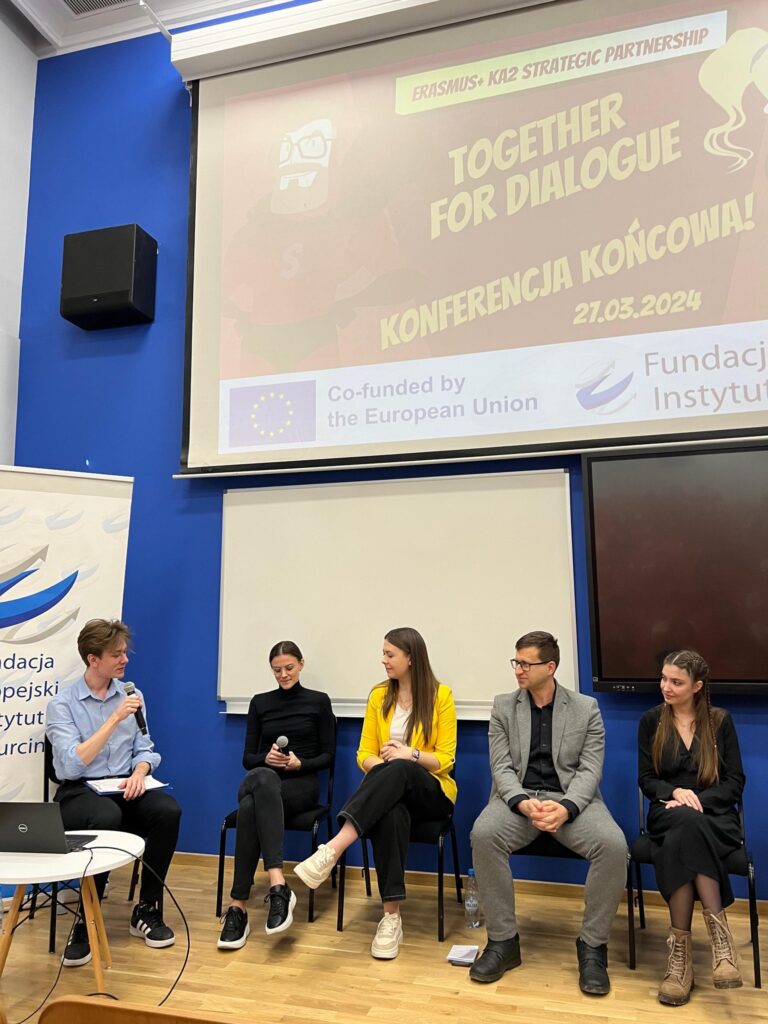
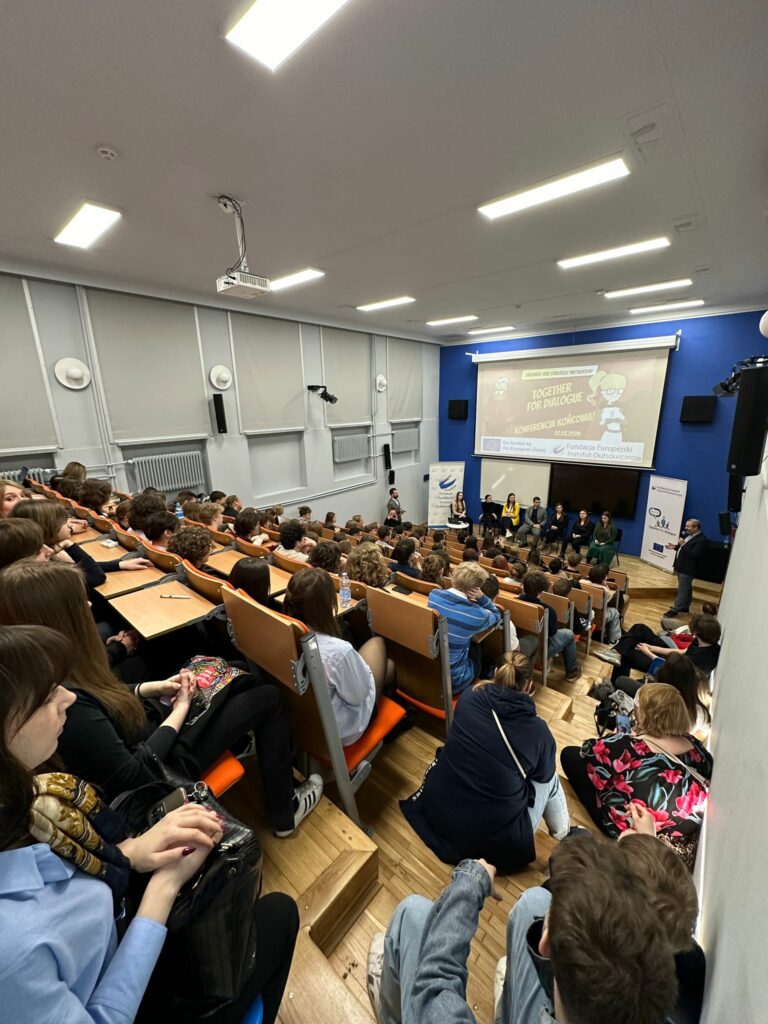
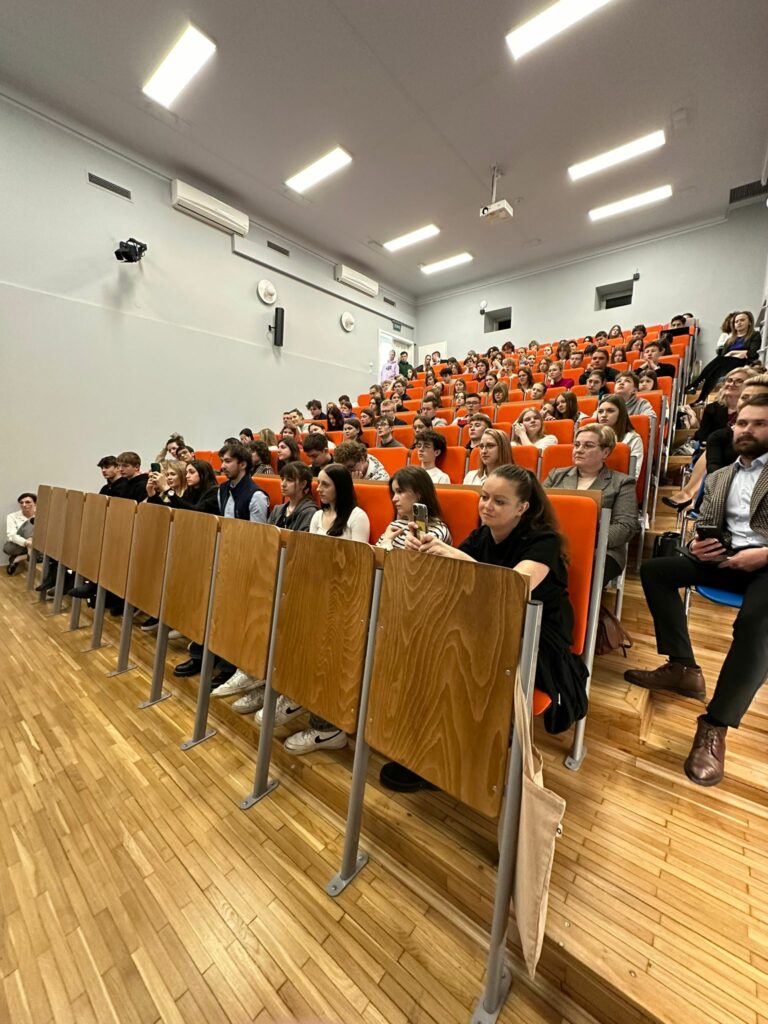
The local meetings, implementations, interventions, and multiplier events were integral components of the “Together for Dialogue” project. They ensured that the project’s methodologies were not only developed in a collaborative and inclusive manner but also implemented effectively across different contexts. The final conference in Katowice was a fitting conclusion to these efforts, bringing together a wide array of participants to reflect on the project’s impact and plan for its continued influence in the years to come.